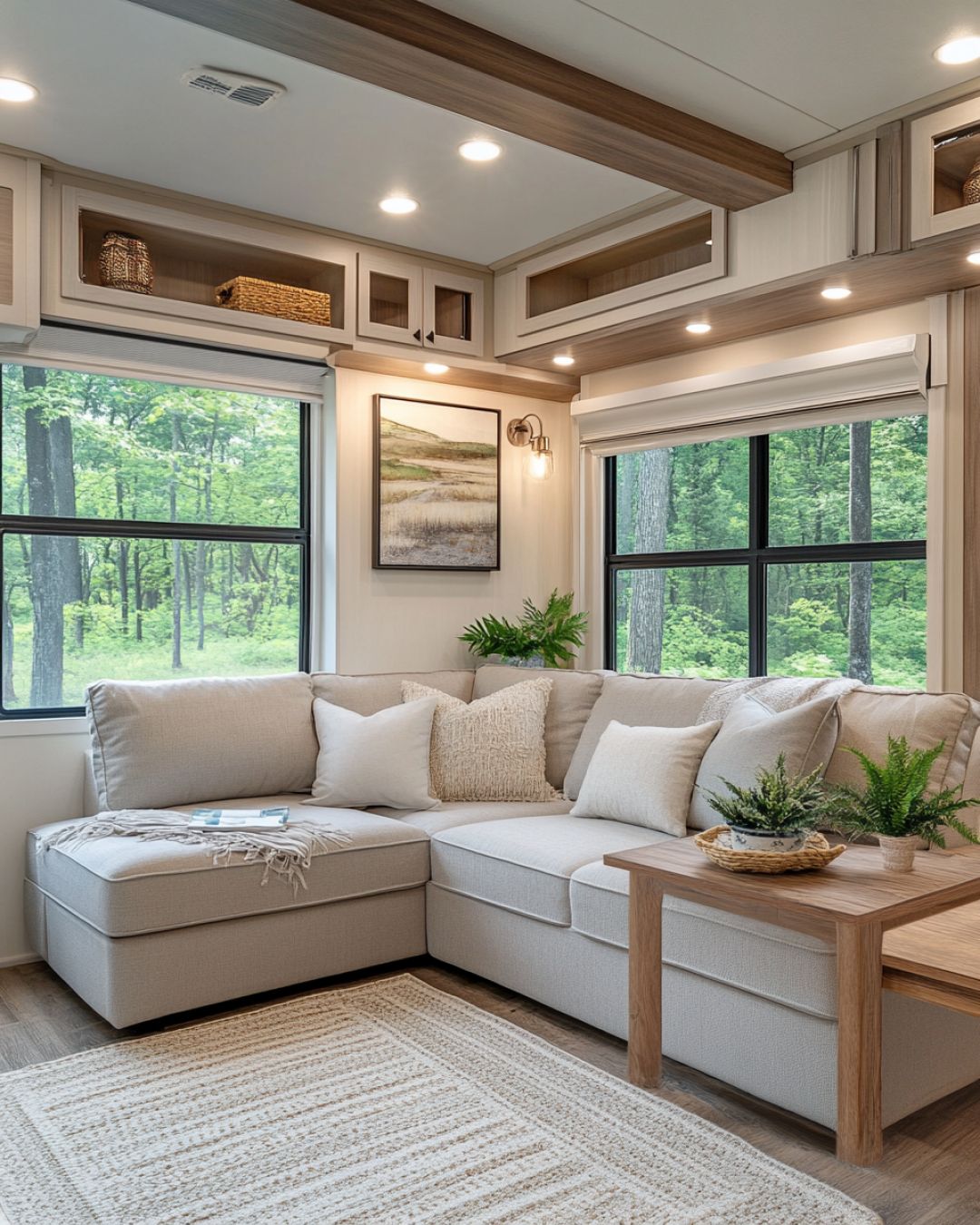For months, 58-year-old Michael Grant made the city park his bedroom. On cold nights, he layered jackets and tucked himself into a corner of a bench, hoping the wind wouldn’t bite too hard. Days were spent walking aimlessly, stopping at soup kitchens when he could, and trying to stay invisible to passersby.
Once a skilled landscaper, Michael’s life unraveled after a back injury left him unable to work. Without steady income, his apartment slipped away, and one hardship after another pushed him onto the streets. “You tell yourself it’s just temporary,” he said, “but then weeks turn into years.”
One crisp autumn morning, Michael was half-asleep on his usual bench when a voice stirred him. A woman stood there, smiling warmly. She leaned down and said softly, “Follow me.”

Her name was Rachel, a volunteer with a local outreach group. She had been keeping an eye on Michael for weeks, noticing his quiet demeanor and the way he always gave a polite “thank you” when someone offered him food. She explained that she might have a solution — but it meant trusting her enough to come along.
With nowhere else to turn, Michael agreed.
Rachel led him first to a small café, where she bought him breakfast and listened to his story. Then she told him about a program she was involved in — one that built tiny homes for people experiencing homelessness. A unit had just been completed, and the intended resident had been delayed in moving in. If Michael wanted it, it could be his that very day.
He thought she was joking. But a few hours later, they pulled up to a quiet neighborhood where a brand-new tiny home stood waiting. Painted deep green with white trim, it had a small front porch and a welcome mat already in place.

Inside, the home felt like a dream. The living space had a soft armchair and a small bookshelf. The kitchen was neatly stocked with essentials — bread, tea, and even fresh fruit. A loft bedroom held a warm quilt and a view of the park where he had once slept.
Michael walked slowly from room to room, touching the counters, the doorknobs, the smooth wooden floor. In the bathroom, he stared at the running water from the faucet, almost in disbelief.
“I can’t remember the last time I had a place that was mine,” he said quietly.
That first night, instead of lying on a park bench under the harsh glow of streetlights, Michael fell asleep in a real bed, the sound of wind rustling leaves outside his window.
Weeks later, his life is already changing. He’s begun helping neighbors with gardening, cooking meals in his kitchen, and even sketching plans for a small flower bed outside his front door.
“When she said, ‘Follow me,’ I didn’t know where we were going,” he reflected. “But I followed her right into a new life.”


Leave a Reply